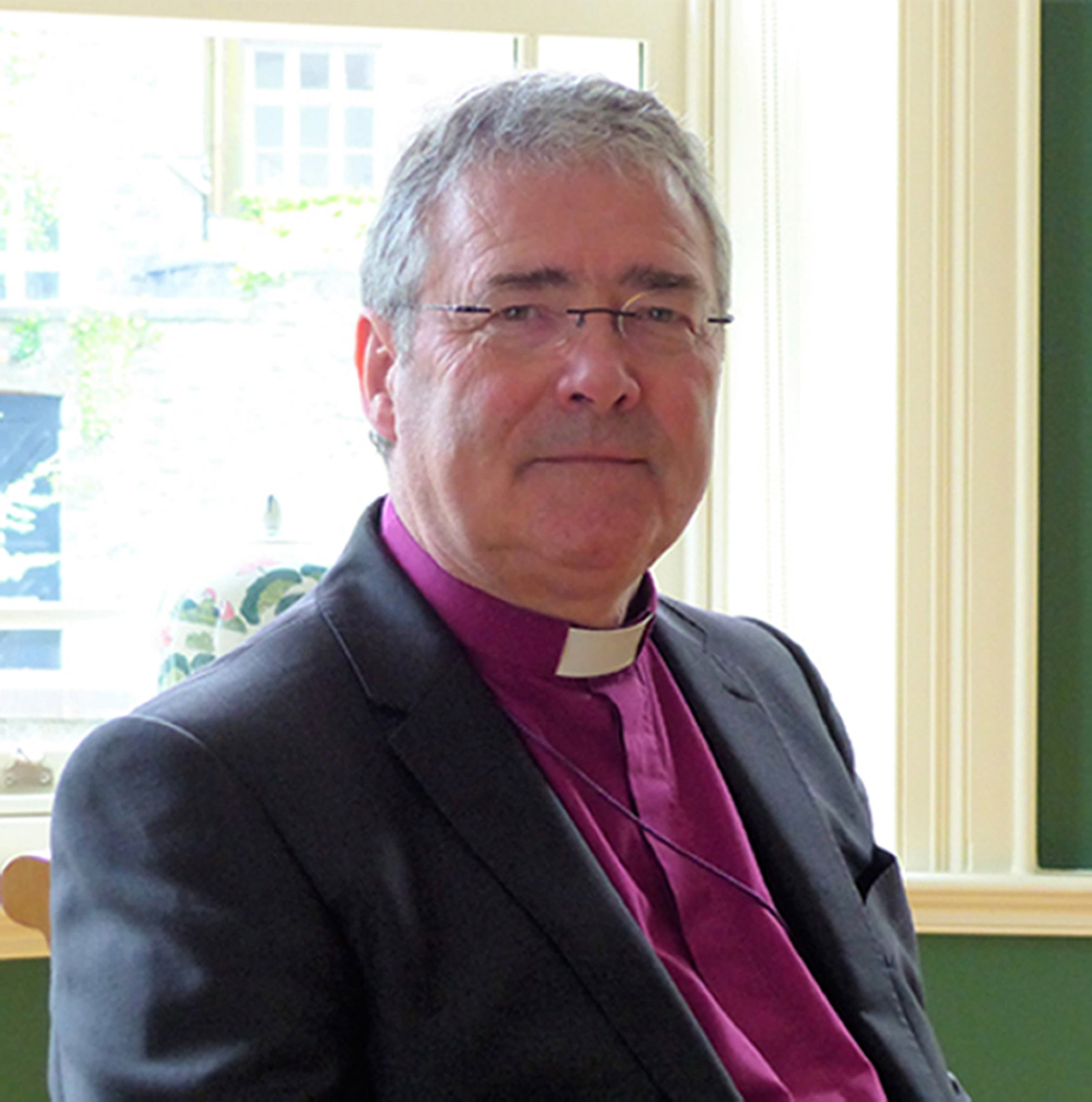Queen hailed for her part in reconciliation of Ireland
Archbishop of Armagh John McDowell said that ‘faithfulness, care, dutifulness, love and devotion’ were part of her reign.

Your support helps us to tell the story
From reproductive rights to climate change to Big Tech, The Independent is on the ground when the story is developing. Whether it's investigating the financials of Elon Musk's pro-Trump PAC or producing our latest documentary, 'The A Word', which shines a light on the American women fighting for reproductive rights, we know how important it is to parse out the facts from the messaging.
At such a critical moment in US history, we need reporters on the ground. Your donation allows us to keep sending journalists to speak to both sides of the story.
The Independent is trusted by Americans across the entire political spectrum. And unlike many other quality news outlets, we choose not to lock Americans out of our reporting and analysis with paywalls. We believe quality journalism should be available to everyone, paid for by those who can afford it.
Your support makes all the difference.The Queen is part of the reconciliation of Ireland, the head of the Church of Ireland has said.
Archbishop of Armagh John McDowell was speaking during a service of reflection for the life of Queen Elizabeth II in which prayers were said to celebrate “her life and work for this country and for the Commonwealth, and giving thanks for all she has been as Queen, and as such, head of state for the people of Northern Ireland”.
He told King Charles III and the Queen Consort, who attended the service at St Anne’s Cathedral, Belfast, that “faithfulness, care, dutifulness, love and devotion” were all part of her long reign.
The Archbishop said: “All of these could be employed to describe her relationship with Northern Ireland, with patience binding them all together, but paying attention especially to what she said most recently, the word which I think will be most associated with Queen Elizabeth and Ireland, north and south, is reconciliation.”
He added the Queen “followed where Jesus led as women often have in the elusive and unfinished work of reconciliation here in Ireland”.
The Queen found many powerful ways to help with her mission as part of the peace and reconciliation of Ireland, according to the Archbishop.
He said: “It has always been love’s way that in order to rise, she stoops; so the bowing of her head in respect was far more powerful than much grander gestures would have been.
“Love listens far more than she speaks, so a few words in an unfamiliar tongue and a judicious sentence or two of heartfelt regret and wisdom said far more than ceaseless volubility.
“Love never rushes into anything for fear of overwhelming the beloved, but when the moment is right she walked the few steps between two Houses of Prayer in Enniskillen alongside the beloved, in encouragement and affection.”
He said the Queen worked “for the good of all her people” and was an example of tolerance that was firmly rooted in her Christian faith.
She believed “it is no part of a christian’s vocation to belittle another person’s faith or lack of it.”
The Archbishop also quoted playwright and poet Christopher Marlowe to describe the impact of the Queen’s death on the nation.
He said: “If I had wept a sea of tears for her, it would not ease the sorrow I sustain”.”
In a personal statement of condolence to Charles, he added: “If that was how those of us felt who were, in many ways, part of her adopted family through her coronation oath, how much more profound must that feeling of loss be to those of the Queen’s blood family; those who knew her best and loved her most; Your Majesty, our prayers will be with you and your family for a long time to come.”
The service included a Celtic blessing spoken by various church leaders.
As the service ended, Charles and Camilla, were seen exchanging handshakes and warm words with the President of Ireland Michael D Higgins and his wife Sabina.
Prime Minister Liz Truss, Taoiseach Micheal Martin and Irish Foreign Affairs Minister Simon Coveney were among the congregation of more than 800 people.
The royal couple were introduced to leaders from all the major faiths in Northern Ireland ahead of the service.
The Queen visited Belfast more than 20 times but her ground-breaking visit to Dublin in 2011 is remembered for its historical and political importance.
She was the first British monarch to visit the city for more than 100 years.
She was also the first to set foot in the Republic of Ireland since it gained independence, following the Anglo-Irish war.
It is seen as part of efforts to try to heal the wounds of the past.
The Queen also laid a wreath at Dublin’s Garden of Remembrance, which commemorates those who fought against Britain to achieve Irish independence.
Just a year later, the Queen shook hands with Sinn Fein’s Martin McGuinness, a former IRA leader, at an event in Belfast.